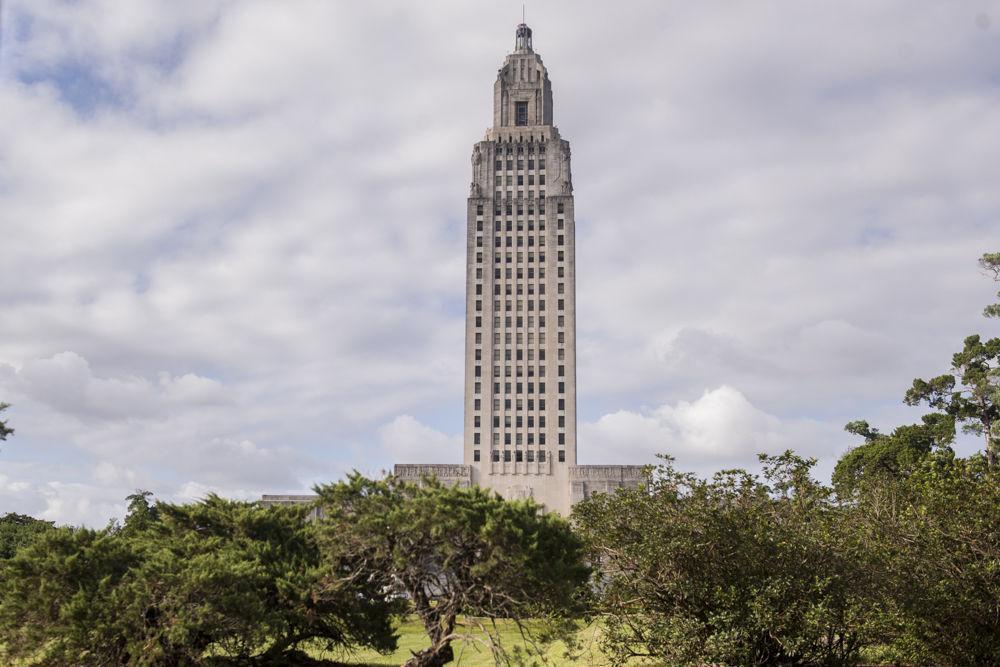This February, the East Baton Rouge School Board, East Baton Rouge Metro Council and Sheriff’s Office all gave the stamp of approval to a $23 million tax break for ExxonMobil through an Industrial Tax Exemption Program (ITEP) request.
The justification for this enormous tax break is uncompelling.
ExxonMobil says it plans to use the funds for a quarter-billion-dollar modernization project that would make the company more “competitive.”
In January, it was reported that the project was “not expected to create any new permanent jobs,” but rather help maintain the existence of current ones. When the school board passed the measure, however, several members explained their support was founded on the belief that the project would bring jobs to local residents.
Corporate tax cuts, in general, have not been found to create jobs. Instead of investing the extra money in their workforce, companies more often use it for stock buybacks or other measures that increase profits. Unsurprisingly, it isn’t the worker at the center of these corporate plans, but rather the almighty dollar.
Ultimately, what this latest tax break means is that $23 million that should be going towards Baton Rouge schools, infrastructure and other citywide projects will instead be granted to a multibillion-dollar corporation.
And let’s be clear: this is not a government that can afford such unfounded generosity.
In May 2020, East Baton Rouge projected — ironically, in hindsight — a $23 million revenue shortfall at the hand of decreased tax revenue because of the pandemic.
In 2019, East Baton Rouge passed a school budget that slashed 300 jobs from public schools, as well as other funding typically allocated to books and transportation.
If the government is going to bleed money from already-struggling public services, it better have a damn good reason for doing so. Supplying money to a massively profitable corporation so that it can make itself even more profitable, with little chance it will supply more jobs to local residents, doesn’t reach that bar or even graze it.
It is unconscionable that East Baton Rouge has all the money in the world for ExxonMobil, but so little for the 18% of residents in poverty, the 20.7% of children living with food insecurity and the over 50% of households that struggle to afford the bare necessities.
This continuation of economic inequality is a matter of policy, and it’s time we start seeing it as one. By granting millions of dollars that this city does not even have to a corporation, the government deprives residents in need of support. In a finite budget, every choice puts one interest over another, and it is severely disappointing that while residents struggle more than ever, the priority went elsewhere.
As unconstructive as this latest move was, it simply fits into a city- and state-wide pattern of providing unnecessary assistance to corporations at the expense of the average Louisiana resident.
ExxonMobil alone has been granted nearly $444 billion in subsidies by the Louisiana government. This reckless corporate welfare extends far beyond ExxonMobil, though. For years, the state government has given some of the most extensive tax benefits in the country — and at great cost, too.
In 2016, the state paid corporations $210 million more dollars than it received from them. Yes, rather ridiculously, it appears the government supplies revenue to corporations, and not the other way around. It is no wonder the state is plagued with budget crises and shortfalls when it fails so miserably at taxing these potentially massive revenue streams.
Time after time, Louisiana leaders put the greed of corporations over the needs of the people. Louisiana faces many great challenges: poverty, lack of access to healthcare and underfunded public education, to name a few.
The people of this state are infinitely more important than the corporations that fund the re-election campaigns of our elected officials. For the leaders in this state to instead spend their efforts on corporate welfare policies signals a profound misalignment of priorities. It’s far past time the Louisiana budget reflects the fundamental value of its residents.
Claire Sullivan is an 18-year-old coastal environmental science freshman from Southbury, CT.





